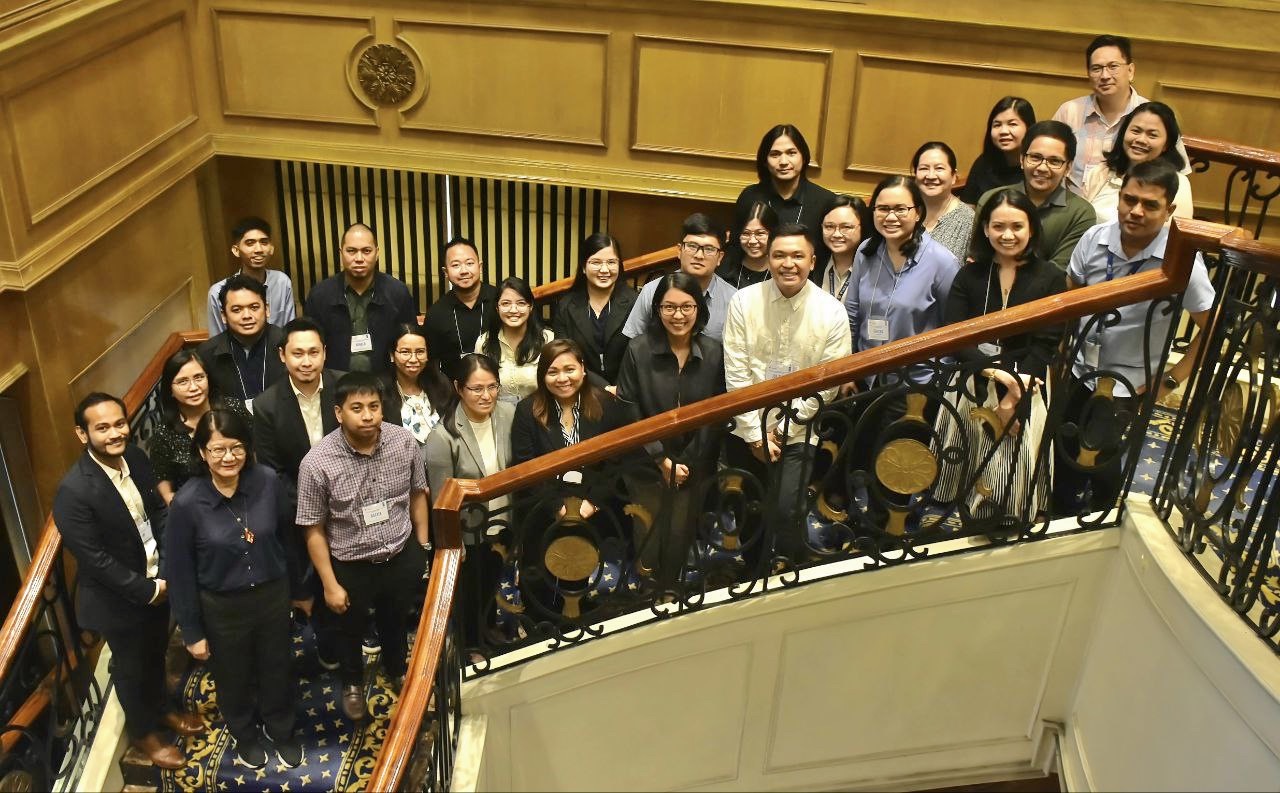National Government Stakeholders Collaborate Towards the Development of a Climate Finance Data Platform
Needs Assessment Workshop Charts Path for Climate Finance Data Platform
September 20, 2023

Manila, August 2023 — Representatives from nine government agencies actively participated in a Needs Assessment Workshop for the development of a Climate Finance Knowledge and Data Platform through the Accelerating Green and Climate Finance in the Philippines: Nature-based Solutions Project (Climate Finance PH for NbS). This Project is implemented by the United Nations Development Programme (UNDP) in the Philippines in partnership with the Department of Finance (DoF), with financial support from the Government of Canada.
The workshop benefitted from the active participation of representatives from key government agencies, including the DoF, the National Economic and Development Authority (NEDA), the Department of Environment and Natural Resources (DENR), the Climate Change Commission (CCC), the Securities and Exchange Commission (SEC), the Bangko Sentral ng Pilipinas (BSP), and the Public-Private Partnership Center (PPPC).
The Climate Finance PH for NbS has four components namely: (1) Gender-sensitive platforms for data-driven policymaking and regulatory strengthening for climate finance, (2) Design and implementation of innovative green and climate finance solutions, (3) Capacity building of financial institutions to increase finance flows to gender-sensitive, green, and climate solutions, and (4) Independent monitoring system on gender and the Sustainable Development Goals impacts of green and climate investments.
In line with the first and fourth components, a Climate Finance Data Platform is being developed. This platform shall serve as a potential solution for bringing together various information about initiatives, investments, and funding sources related to climate finance and nature-based solutions from both the public and private sectors.
OIC-Director Jenevive Lontok of the DoF emphasized the critical importance of this initiative, stating that, "the DOF finds that it is critical to urgently develop sustainable finance policies domestically in order to finance sustainable and climate-related programs, activities, and projects (PAPs) of the government as well as strengthen cooperation and sustainable finance initiatives at the bilateral, multilateral, and regional level."
During the discussions, participants not only highlighted existing policies, strategies, and policy studies that could be valuable for populating the platform. They were also able to pinpoint potential data gaps requiring attention. These data gaps encompass: (1) SEC’s Sustainable Finance Blueprint; (2) Sustainable Finance Taxonomy; (3) policies and guidelines pertaining to the issuance of blue bonds and green equities by Philippine companies; (4) carbon market mechanisms
Furthermore, the following studies and research were identified as vital for the platform's development: (1) an assessment of the effectiveness, efficiency, and value-for-money of public climate expenditure; (2) tools for the integration of gender considerations into public and private climate expenditures; and (3) damage modeling tools designed to measure financial risks associated with loan proposals in the context of climate change and disasters.
The workshop's outcomes represent a significant step forward in the Project's mission to provide a climate finance database that will help strengthen evidence-based decision-making on climate finance and nature-based solutions initiatives, making it a notable milestone in helping bridge the climate finance gap and the pursuit of sustainable and resilient development while safeguarding nature and ecosystems.

 Locations
Locations



